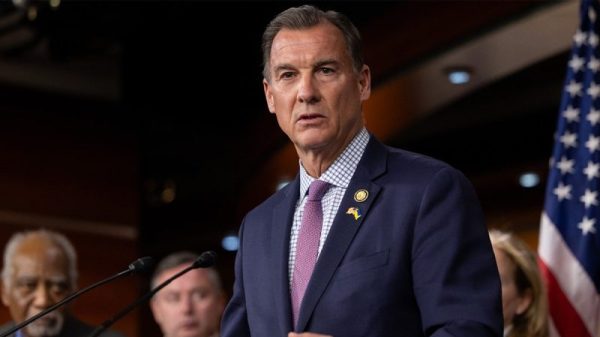
When Britain’s adopted steel king Lakshmi Mittal, gala-favourite philanthropist and one of the country’s most visible billionaire residents, quietly announced he was shifting his tax residency to Switzerland, it barely caused a ripple in Westminster.
Another wealthy non-dom heading for more forgiving fiscal pastures, shrugged the commentariat.
But for anyone paying attention to Britain’s charitable sector, Mittal’s departure is more than a footnote in a tax-policy debate. It is a red flag. A warning. A canary collapsing in the philanthropic coal mine.
Mittal is not leaving because of boredom with Belgravia. As Business Matters reported, his exit follows the dismantling of the non-dom system and, critically, the looming threat of UK inheritance tax on his global estate. He is not alone. Norwegian shipping billionaire John Fredriksen, German investor Christian Angermayer, and tech founders Herman Narula (Improbable) and Nik Storonsky (Revolut) have already slipped out of Heathrow with one recurring reason circled in red: UK tax policy.
And this, however we try to frame it, poses an awkward question. One the Chancellor, Rachel Reeves, hasn’t quite acknowledged in her rush to tighten the fiscal screws: if Britain is pushing out the very people who fund its museums, universities, research institutes, and children’s hospitals, could UK charities be the biggest losers of her brave new tax world?
Let’s be honest. Charities don’t live on wishful thinking. They live on cheques. And while the British public is generous in spirit, it is the handful of ultra-wealthy donors, people like Mittal, who quietly bank-roll the big stuff: endowments, buildings, specialist medical equipment, entire research departments. Mittal himself has given millions over decades to Great Ormond Street Hospital, to public libraries, to the arts, to humanitarian causes, to Oxford University. When such people stay, Britain wins. When they leave, Britain loses.
This isn’t a defence of tax privileges for the wealthy. Reeves is right to say the system needed reform. But there is a difference between fixing a loophole and creating a deterrent. Between modernising policy and frightening away those who play an outsized role in keeping Britain’s charitable landscape afloat.
The truth, and it feels almost unfashionable to say it aloud, is that major philanthropy is highly sensitive to tax signals. Wealthy donors don’t just give out of generosity; they give within systems that make generosity rational. Alter the incentives, tighten the inheritance-tax net, abolish the regime that made London competitive, and suddenly Dubai or Zug begins to look less like a holiday bolthole and more like a sensible postcode.
And when donors exit, charities suffer twice. First, through the immediate loss of multimillion-pound gifts. Second, through the long-term shift in their funding model: fewer large, flexible philanthropic donations and greater reliance on small public gifts that, while admirable, rarely pay for the expensive or unglamorous parts of a charity’s work, the electricity bill, the IT system, the nurses’ salaries, the safeguarding training. The things no one wants their name on.
It is too simple and too glib for ministers to argue that “fairness” trumps all. Fairness to whom? A tax system that chases out philanthropists may technically be fairer, but it may also leave the nation’s most vulnerable without the funding safety-net that government has neither the budget nor political appetite to replace.
What’s more, philanthropy carries a reputational weight. Billionaires giving large sums in Britain sends a signal that the UK is still a place where causes flourish, research advances and culture thrives. When they relocate, the narrative shifts: from “Britain, philanthropic powerhouse” to “Britain, too expensive to care”.
Charities know this. They’ve known it for years. But they also know something uncomfortable: you can’t replace a Mittal with 10,000 £20 donations. Not when you’re funding MRI machines, scientific breakthroughs or entire children’s hospices.
So where does this leave us? Ideally, with a little honesty. The government must recognise that smart tax policy is not only about fairness but about outcomes. If Reeves wants to avoid turning charity CEOs into professional beggars, she may need to pair her reforms with targeted incentives for high-impact giving or risk watching the voluntary sector shrink in real time.
Charities, meanwhile, must prepare for a new era: flatter donor lists, heavier dependence on domestic donors, and more resource-intensive fundraising just to stand still. The days of relying on a handful of loyal billionaire patrons might be ending, and not because the donors changed their hearts, but because the government changed the rules.
If the exodus continues if more Mittals, more Fredriksens, more Narulas pack their bags the question will not be whether Reeves’s tax shake-up was principled. It will be whether the price was too high, too blunt and too blind to its collateral damage.
And the greatest losers may not be the wealthy at all but the charities who depend on them, and the people those charities exist to help.
Read more:
The rich are fleeing and our charities may be left holding the bill


























